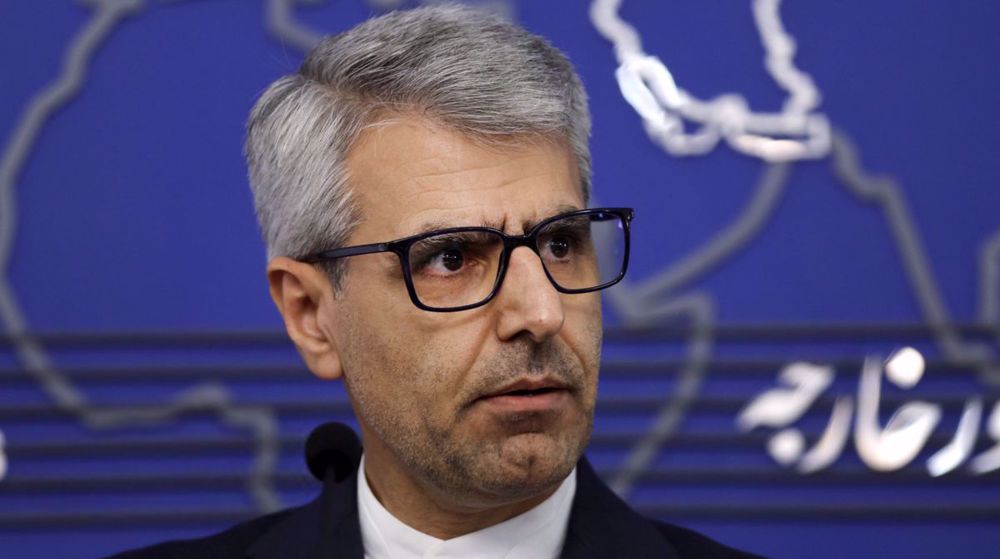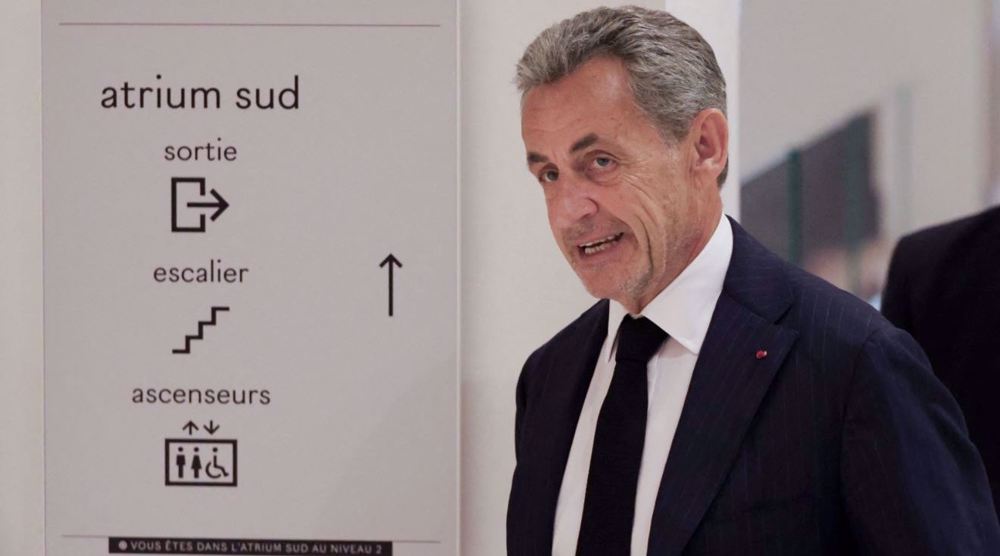French unions launch third wave of nationwide strikes over pension reform
Trade unions in France have launched a third wave of nationwide strikes against President Emmanuel Macron's proposed pension reform plan, a day after the controversial bill began its passage through parliament.
According to reports, rail services were canceled, schools were closed and refinery deliveries stopped working as workers across sectors joined nationwide strikes in response to calls by unions to take to the streets in large numbers.
French government defends the plan that seeks to increase the minimum retirement age – from 62 to 64 -- in order to keep the pension systems in the black.
Macron’s ruling party lost its majority in elections last year, even though it continues to remain the largest faction. His government wants to pass the legislation with the help of allies on the political right.
Left-wing opponents of the Macron-led administration filed thousands of amendments ahead of the parliamentary debate on the controversial plan.
The shipping of petrol products from French sites was interrupted by the latest strike, European multinational integrated energy and petroleum company TotalEnergies said in a statement.
A spokesman for the CGT trade union said there was disruption to deliveries at the Donges, Normandy, Feyzin, Oudalle, and Flanders sites. An initial count showed about 75 percent of staff were on strike, CGT spokesperson Benjamin Tange said.
At Esso, a subsidiary of ExxonMobil, about 75 percent of the workforce was on strike and blocking deliveries, the spokesperson added.
The country saw a wave of strikes against Macron’s pension reforms last week, causing major disruption to trains, flights, schools and hospitals.
On Monday, France's National Assembly started the process of reviewing the pension reform amid hue and cry by a number of lawmakers.
French Labour Minister Olivier Dussopt pointed to the challenges of the reform plan in his opening remarks, as members of the house shouted slogans.
“Here we are, even if you don’t want us to be, here we are,” he said. “Our (pensions) system is structurally in deficit… Doing nothing is not an option.”
Yael Braun-Pivet, the speaker of the assembly, urged lawmakers to keep quiet, telling them: “We’re not at a protest, we’re in the assembly”.
France's current retirement age is one of the lowest in Europe, though existing rules require people to work beyond the age of 64 to qualify for a full pension.
Unions say the proposed overhaul will punish those who started working at a young age or have been toiling in physically demanding jobs.
French power supply has been reduced by 3.7 gigawatts as production at two nuclear reactors and several thermal plants were lowered due to a strike over planned pension reforms, data from power utility EDF showed.
The government of France has so far remained resolute and insisted that the changes will go ahead, but at the end of the second round of nationwide protests last week, Prime Minister Elisabeth Borne said the reform raises questions and doubts.
Borne offered to slightly soften the government's plans by letting some people who started work before reaching 22 years old retire early, hoping to win the support of conservatives in parliament.
Left-wing MP Clementine Autain spoke in support of the demonstrators and told reporters: “I think that the French are right to protest and I call on them to demonstrate on Tuesday the 7th, tomorrow, and next Saturday because it is the only to counter the government."
Macron's allies, who do not have an absolute majority in parliament, will need votes from conservatives to get their pensions plan approved.
Another option for the government is forcing the bill through without a vote under special constitutional powers. However, in that case, it would face the risk of a vote of no confidence and possibly new parliamentary elections. according to reports.
The stoppages are a major test for Macron, who says his pension reform plan is vital to ensure the system does not go bust. The package comes amid high inflation, a rise in the cost of living, and with the country still recovering from the COVID-19 pandemic.
Hamas thanks Iran, Resistance Front following achievement of ceasefire in Gaza
'Capitulation': Israeli officials and media concede Gaza defeat as truce unfolds
'Gaza has won': Social media users react to ceasefire with mix of relief, joy
Iran seeks South Korea’s assistance for AI, fiber-optic projects
VIDEO | Iran's 'Eqtedar' (Power) maneuver
Israel hits HTS military target in Syria for 1st time since fall of Assad
VIDEO | Press TV's news headlines
Israel has slaughtered 13,000 students in Gaza, West Bank
















 This makes it easy to access the Press TV website
This makes it easy to access the Press TV website